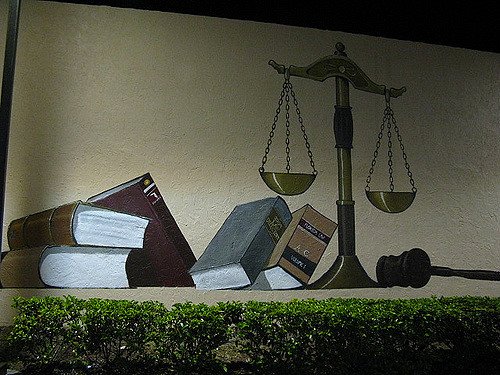Reverse Mortgage: One Way To Buy a Home after a Gray Divorce
Many couples who divorce at a later age decide it’s best to downsize their home. For many, returning to apartment life is not appealing. Still, buying a new home after a divorce can be a financial challenge.

So how do you buy a home after divorce? For those 62 and older, there is a way: a reverse mortgage. To explain this, let’s take a look at a common scenario:
Jane, 64, got the house after her divorce. She wanted to stay in her home, but it was large, with a mortgage payment of $2,700. She sold the home and received $150,000 in proceeds. Her new townhouse was $245,000 and she put down $70,000. That left her with a much smaller mortgage: $1,200 per month. While that sounds great, she soon realized the remaining $175,000 would not last long. The cash was gone in seven years.
On the other hand, Debbie, also 64, was also awarded her home after divorce. Concerned about her ability to make payments, she did a reverse mortgage. Now, she had no monthly bill of $2,700. She still owned the house, did not have to make any mortgage payments, and could sell anytime she wanted.
Facts about Reverse Mortgages
Just like a traditional mortgage, a reverse mortgage is a loan using the home as collateral. But instead of paying down the debt, the loan balance grows over time. The loan is repaid six months after the last surviving homeowner moves out of the property or passes away.
Then, the estate sells the home to repay the balance. The heirs receive any remaining equity. If the home sells for less than the payoff amount of the loan, the estate is not liable for the extra debt.
Consider this scenario: Sherry, 64, sold off the family home after divorce. The home was paid for, so she netted $360,000. She bought a townhouse for $245,000 with a reverse mortgage, putting down $115,000. She never had any monthly payments and now had plenty of money to invest.
To obtain a reverse mortgage:
- The owner and spouse must be at least 62 years of age.
- The home must be their primary residence.
- There are no credit or income requirements to qualify for a reverse mortgage.
- The buyer still owns the house.
- The house may be sold whenever they wish.
- The interest on the loan is added to the mortgage each month.
- If, when the house is sold, the mortgage is higher than the value of the house, the owner has no liability to make up the difference.
As reverse.org says, not many people understand reverse mortgages. While it can be confusing, it’s often a solid option for those 62 and older — whether divorced or not — who want to remain in their home without losing all their savings.
It’s best to speak to your financial adviser about whether a reverse mortgage is a good option for you.







